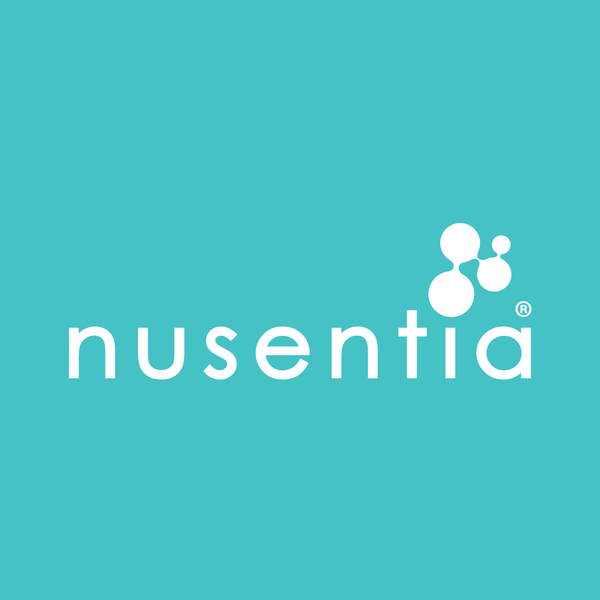We all want to do the best for our pets nutritionally, and we know that nutrition plays a huge role in their health and their happiness. But what common mistakes could we be making that work against their benefit?
5 Myths About Pet Nutrition
Mistake 1: Feed your pet whole grains and vegetable protein.
No. Pet food with high grain content and plant-based protien can contain undesirable amounts of gluten and fillers that take their toll on your pet's health. Make sure your pet has a simple dog food that contains minimal or no grains or fillers, and is free of by-products.
Mistake 2: Feed your pet until he is full.
No. Free-feeding your pet will put him at risk of being overfed, which contributes to pet obesity. Do not leave the pet food bowl accessible all day. Rather, feed your dog or cat a recommended amount of food 2 times per day (at approximately the same time each day) and pick up the bowl when they are done, or after an appropriate amount of time.
Mistake 3: The right pet food will contain all the nutrition your pet needs.
No. While the right pet food will contain a solid foundation for your pet's health, it is not likely that any pet food will be able to deliver all the nutrients needed for long-term health. A couple factors are at play when it comes to supplements in pet foods: cost, volume, and effectiveness. In the case of probiotics in dog food, studies show that these fragile microorganisms are best delivered when added at the time of feeding, not at manufacture. The same can be applied to joint nutrients, like glucosamine and chondroitin. Pet foods containing glucosamine and other joint nutrients are unable to deliver the therapeutic amounts needed to sustain long-term joint health, mostly due to the volume needed for their inclusion.
SOLUTION: For best results, add supplements as needed for the stage of your pet.
Young Animals (puppy/kitten): Use probiotics to establish a strong immune system.
Adults Animals: Take preemptive measures by considering a dog vitamin or cat vitamin formula for nutritional status, or a joint formula to prevent degeneration.
Senior Animals: Look for signs of joint degradation and use of a joint supplement. Look for digestion issues and consider probiotics or enzymes. Look for inflammation and or issues with the coat and consider fish oil.
Mistake 4: Antibiotics can be used to treat chronic digestive issues.
Using antibiotics may be necessary in some cases, but treating chronic ailments with antibiotics can put your dog or cat on the "antibiotics roller coaster" and may cause other health problems. What to do: Target each condition with a nutritional solution. The most common are digestive, allergies, or jointrelated problems.
Mistake 5. Kibble keeps your pet's teeth clean and healthy.
Kibble is a myth in this regard, this why nearly 80% of dogs over 3 years of age have incurred some level of gum disease. Your pet's teeth need to be cleaned weekly and kibble doesn't do the job. Healthy chew snacks, probiotics, and oral products can help to keep harmful bacteria at bay, but for best results, you'll need to establish a dental regimen.


